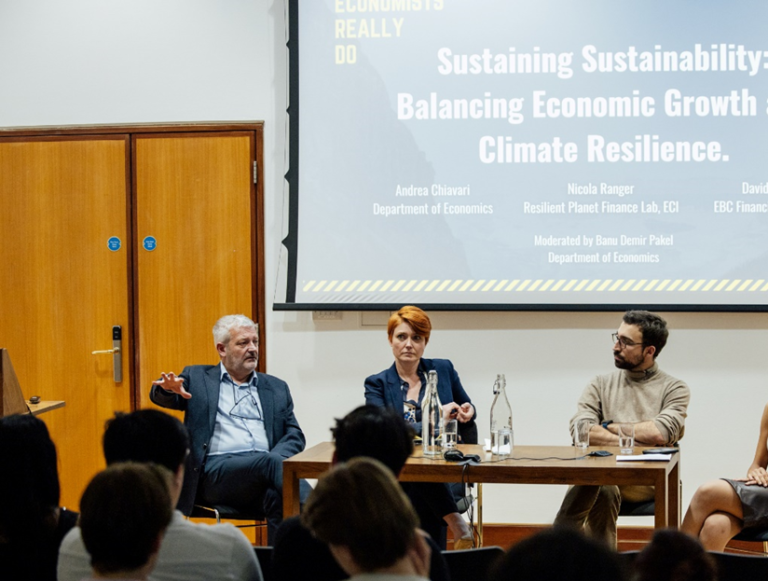Trending
- Turkey Brokers a Dispute Ceasefire Between Ethiopia and Somalia
- BRICS antitrust authorities turn the heat on trade platform Covantis
- From fossil fuels to green futures: Oxford and EBC Financial Group on what’s holding us back
- Africa’s natural resources: Will Trump’s policies benefit or exploit the continent?
- US Sanctions Zimbabwe’s gold smuggling Kingpin Kamlesh Pattni
- From Industry 5.0 to Future Finance: AIM Congress 2025’s bold agenda, key partners unveiled
- John Mahama Makes a Comeback as Ghana’s President
- Zambia’s solar energy drive: Fighting rural energy poverty with renewable options

